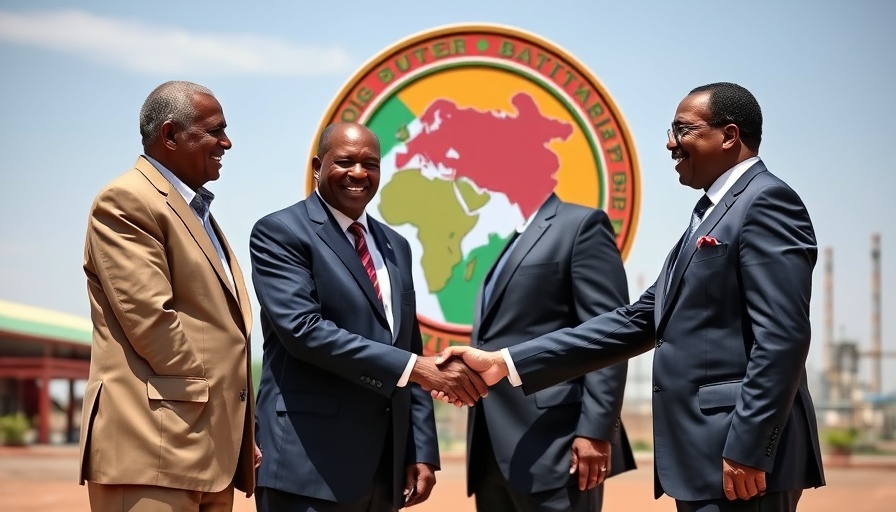
Understanding Forafric’s Downfall: A Cautionary Tale
Forafric, a prominent flour milling company in Morocco, is facing a critical juncture nearly a decade after its acquisition by Franco-Moroccan financier Yariv Elbaz. The once-thriving business is struggling under the weight of mounting debt and an unclear management strategy. This situation reflects broader concerns within Africa's corporate climate, where issues of governance and strategic planning are paramount.
Factors Contributing to Forafric’s Financial Struggles
Forafric's challenges are not merely a reflection of poor decision-making within the company, but also resonate with wider socioeconomic dynamics across the continent. Recent trends in economic growth and industrialization have been adversely impacted by accusations of corruption and inadequate governance structures, which plague many African nations. The company's aggressive investment strategy, coupled with opaque management practices, has led to a precarious financial state. As Morocco looks to strengthen its position in global trade, Forafric's situation illustrates how domestic complexities can complicate this ambition.
The Role of Governance in Business Success
The situation at Forafric prompts critical discussions about governance in the broader context of African development. Effective governance is crucial for fostering a healthy business environment. In many cases, businesses operate under a cloud of uncertainty created by insufficient regulatory frameworks or political instability, which can stifle entrepreneurship and innovation. This precarious balance between governance and economic activity underscores the need for reform that promotes transparency and accountability.
Parallel Realities: Lessons from Other African Businesses
The story of Forafric is not unique. Other businesses across the continent are also grappling with similar challenges. For instance, companies that have embraced digital transformation and prioritized governance reforms have succeeded in navigating these turbulent waters more effectively. These enterprises serve as case studies for the potential path forward, emphasizing that enhancing governance can provide a competitive edge.
Future Implications of Forafric's Crisis
Looking forward, the plight of Forafric may hold valuable lessons for both investors and policymakers. As the world becomes increasingly interconnected through initiatives like the African Continental Free Trade Area (AfCFTA), ensuring sound governance practices becomes vital for leveraging these opportunities. As nations work collectively to promote trade and economic growth, understanding and learning from the pitfalls faced by giants like Forafric could be a move toward building a more resilient economy.
Concluding Thoughts: A Call for Action
The case of Forafric is a powerful reminder of the interplay between governance, business success, and economic development. It highlights the urgent need for reform in business practices across Africa to ensure that enterprises are not only profitable but also contribute positively to their communities and stakeholders. As professionals in various sectors, it is imperative that we advocate for governance reforms and sustainable business practices. Together, we can build a future where businesses thrive not just in revenue but also in ethical standing and community impact.
 Add Row
Add Row  Add
Add 




Write A Comment